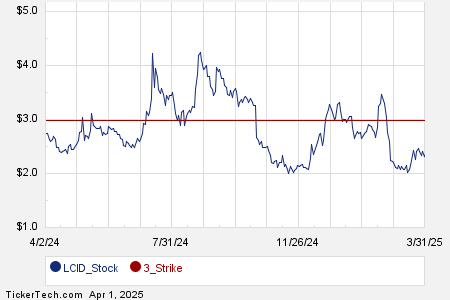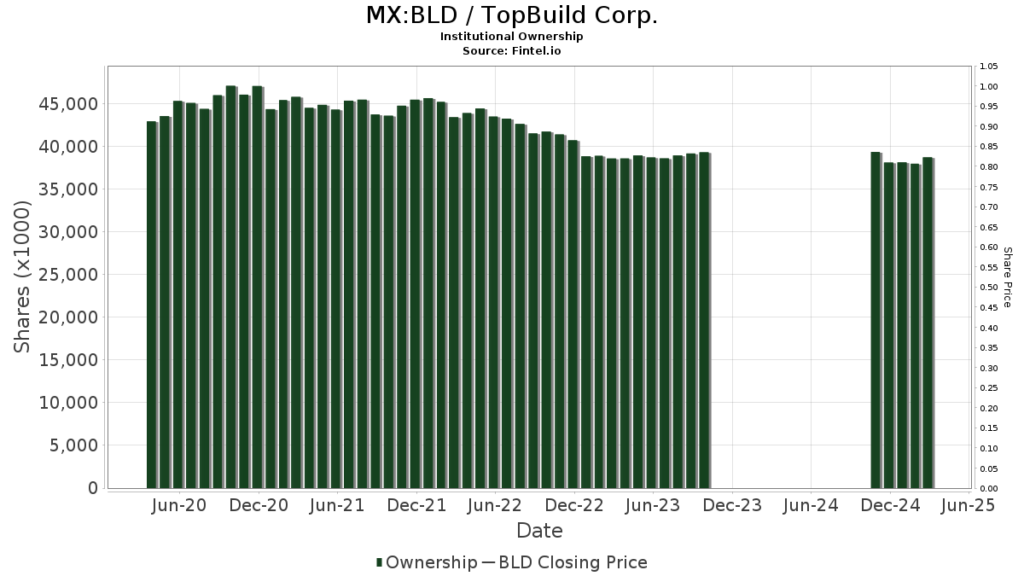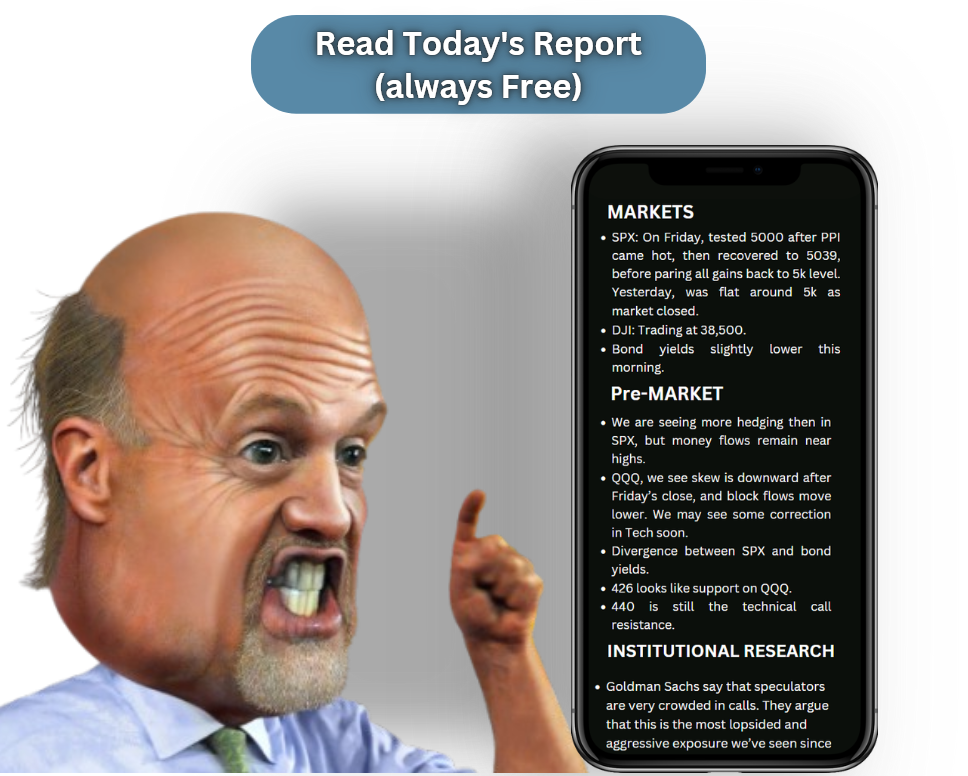TikTok’s App Store Absence: A Temporary Hold Amid Legal Uncertainty
The popular app TikTok remains unavailable for download on Apple (AAPL) and Google (GOOG) stores in the U.S., despite President Donald Trump’s executive order pushing back a ban on the app by 75 days. Under the initial ban that began on Sunday, ByteDance, TikTok’s parent company, was under pressure to sell the app due to national security issues. While TikTok has resumed its services after Trump’s assurances, the hold-up in its availability on app stores suggests that Apple and Google may be awaiting clearer legal direction.
This situation arises as discussions surrounding the app’s ownership and future operations in the U.S. continue. Both Apple and Google (GOOGL) have cited legal compliance as the reason for TikTok’s absence. Former U.S. Treasury Secretary Steven Mnuchin has chosen to pause his pursuit of TikTok, citing stalled conversations with Chinese negotiators. He expressed a desire to rebuild TikTok’s technology if an agreement is reached, highlighting the potential for the app to separate from ByteDance.
Market Overview:
- TikTok is still not accessible on U.S. app stores despite the delayed ban.
- Trump’s executive order has postponed enforcement by 75 days.
- Apple and Google await further legal guidance regarding the app.
Key Points:
- 60% of ByteDance is owned by institutional investors.
- Mnuchin has halted his TikTok bid due to lack of progress with China.
- Apple and Google removed TikTok to comply with U.S. laws.
Looking Ahead:
- Ongoing discussions may lead to changes in TikTok’s ownership in the U.S.
- Clear legal and regulatory guidance may speed up TikTok’s return to app stores.
- Investment interest signals the economic importance of TikTok.
Bull Case:
- Trump’s 75-day delay in the TikTok ban provides room for potential negotiations, increasing chances for a deal that would allow the app to remain active in the U.S.
- With 60% institutional ownership, TikTok is seen as a valuable asset with significant market and economic potential.
- The app’s popularity could drive stakeholders to reach an agreement, ensuring its presence in the U.S. long-term.
- If Mnuchin can establish independent U.S. operations for TikTok’s technology, it may alleviate security concerns.
- Interest from global investors could pave the way for new partnerships that adhere to U.S. regulations.
Bear Case:
- The waiting period for TikTok’s return raises concerns about ongoing legal and regulatory uncertainty, which may affect user trust and advertiser confidence.
- Mnuchin’s pause due to unproductive talks with Chinese negotiators emphasizes the difficulty of reaching a resolution within the 75-day timeframe.
- Apple and Google’s cautious stance suggests a fear of compliance risks, which could delay TikTok’s complete restoration even after regulations become clearer.
- National security worries linked to ByteDance ownership could impose harsher conditions or an outright ban if talks fail, putting TikTok’s U.S. operations at risk.
- Continued absence from app stores might weaken TikTok’s competitive advantage, allowing rivals to gain market share.
The delay in TikTok’s return reflects broader tensions between national security issues and economic interests. This scenario also highlights the impact of U.S.-China relations on tech operations globally. Experts argue that finding a solution involving a U.S.-based ownership or technology transfer could stabilize TikTok while addressing security risks.
As TikTok deals with these regulatory challenges, its established institutional ownership and strong user base in the U.S. may provide the leverage needed for a favorable resolution. The next 75 days are crucial for the app’s future as all parties evaluate legal, technological, and geopolitical factors.
This article was originally published on Quiver News, read the full story.
The views and opinions expressed herein are the views and opinions of the author and do not necessarily reflect those of Nasdaq, Inc.


